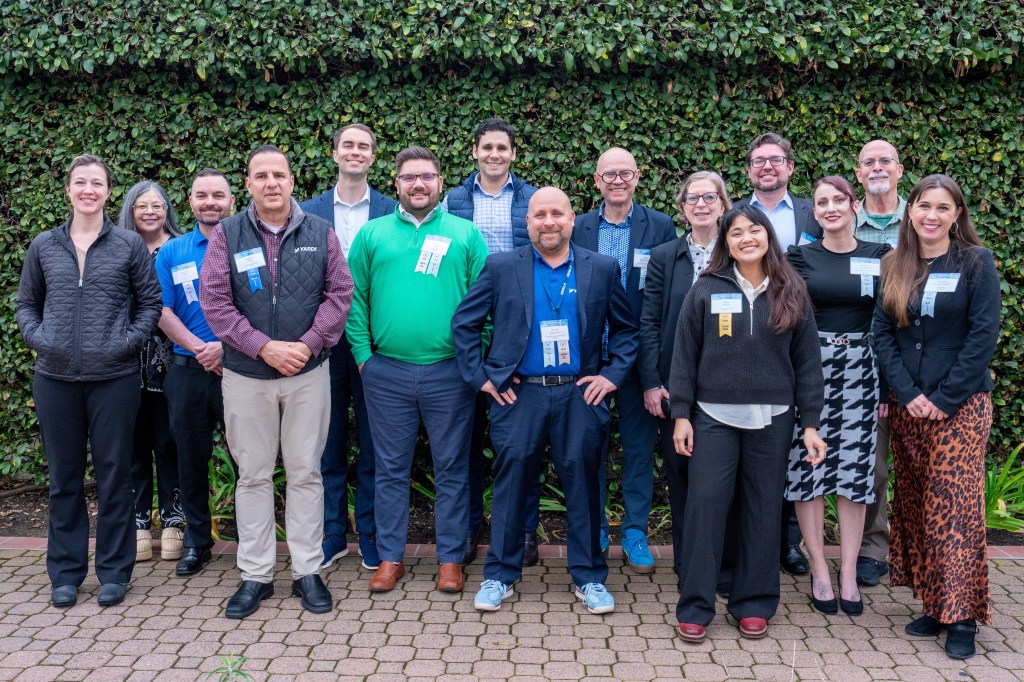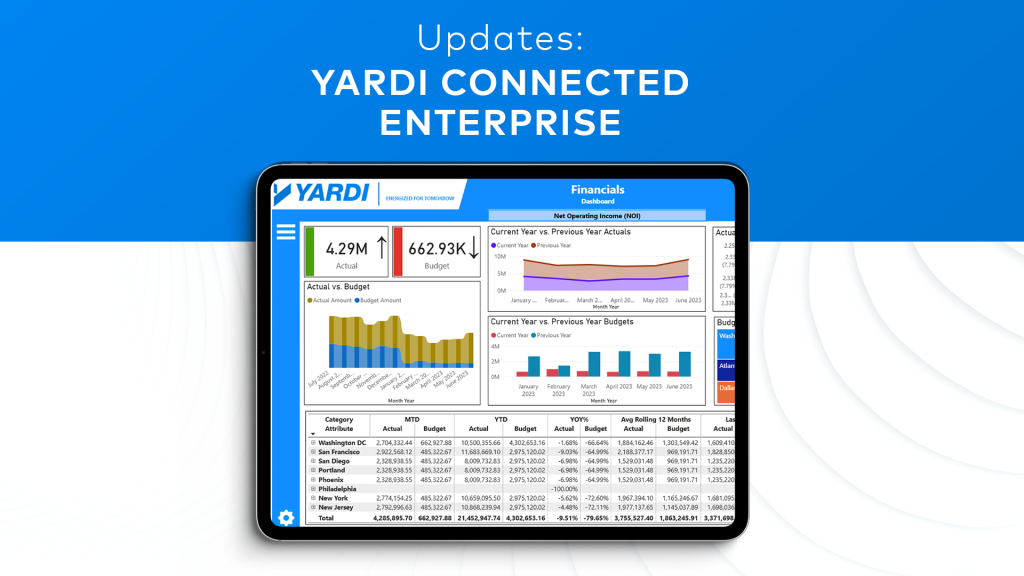By Luis Estrada on December 28, 2020 in Events
As part of the 2020 IMN Real Estate Private Equity Funds Virtual Forum, Yardi had the unique opportunity to participate in several panel discussions and share thoughts on trends in technology and investment management.
In one session, “Meeting the Challenges of Fund Administration, Investor Reporting & Transparency,” Scott Tavolacci, Yardi regional director of global solutions, moderated the conversation. As Tavolacci noted, it seems that roughly 10 years ago the hedge fund space and the private equity space expanded into fund administrators and real estate may have been a bit behind. However, recently the real estate sector has picked up speed in this sense, and as Jeff Bush said, over the last five years, he’s seen a lot of real estate managers and firms thinking about and questioning fund raising and outsourcing practices every time they find a deal. Bush, president of Standish Real Estate Services Group, believes that the real estate industry is often taking the approach of seeing what works best in other sectors, mitigating risk or mistakes potentially along the way.
Technology has played a major role in all aspects of fund administration as it does for just about all walks of business. Usage has only increased with the mass exodus away from the traditional office during the pandemic. The ability to use portals to access information in real time and make transactions on the go is vital, for anyone from investors to fund administrators. Beyond that, it’s important to have a connected solution that brings together all office functionality from accounting in the back office to investor relations with front office management. Real estate traditionally lagged behind in terms of tech usage, but the pandemic has expedited tech adoption while still keeping the focus on the value of data. Platforms are providing more secure and reliable ways to access and relay data between entities without any time-consuming or error-prone manual effort to aggregate data from disparate sources.
In “Using Technology to Improve Efficiency & Returns,” Chris Barbier, Yardi industry principal for investment management, explained that while advanced tech has become a prominent focus for the industry, it was the more basic requirements that were in high demand earlier during the pandemic. “Starting with payables, people were going into the office, picking up the check printer and bringing it home with them. You would think some of these payables processes would be pretty basic, but as the workforce went remote, we saw this was an area of need to adopt some technologies,” Barbier said. Departments such as accounts receivables also saw a major uptick in tech usage. A large part of this was due to the volume of people who need visibility to data and reports, from accountants to property managers to CFOs to portfolio managers. Without basic data sharing and connectivity between departments, remote work would not have been nearly as successful as it has been this year.
There was initially a significant level of uncertainty surrounding workforces transitioning to work from home environments, as both panel discussions touched on. Several panelists noted, however, that fears of lack of productivity hardly materialized, as companies adopted tech at higher rates than ever before and employees proved that remote work is feasible long term.
On the investor side, the importance of communication has been highlighted throughout the year. “Investors want to know quickly what is going on with their portfolio and investments, so we’re seeing an uptick in tech adoption for better communication with investors to provide them information they’re looking for,” Barbier added. “It’s really interesting to see how investors are doing due diligence virtually, where a lot of that really wasn’t happening before,” said Barbara Rea, founder of Rea Advisory Group. Traditionally, investors expected to come in and meet in person, build some trust and forge a stronger relationship. With that being taken away this year, lenders and investors are relying on technology such as virtual meetings, a rare occurrence prior to the pandemic, according to Rea.
Barbier explained that Yardi’s initial focus at the onset of the pandemic was around rent collections, deferrals and tenant exposure. “Now for us its more about risk and opportunity management,” Barbier said. “How can technology help us understand risk within our portfolio and help us understand opportunity? As time has passed and people have picked up additional projects it expands their use of technology across their organization.”
In the short term, Barbier believes that one of the prominent uses of technology is going to be getting workers back in the office safely. This “COVID tech” as he described, is going to have a defining role in how quickly we return to a sense of workday normalcy. Another major use of tech in the next year is going to be in the realm of mixed-use properties. Industry leaders are anticipating a shift to reposition retail assets, common space within multifamily developments and overall varied use of portfolios.
While investments and the overall real estate sectors have undergone a transformation to a more tech-driven model, the panelists seemed to convey a message that people still have to be the focus, and tech will just enable stronger relationships when face-to-face interaction is less common.


